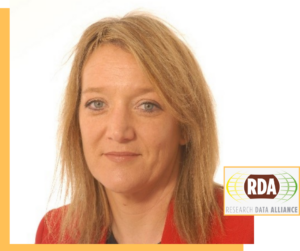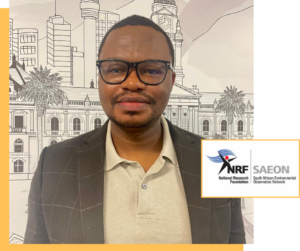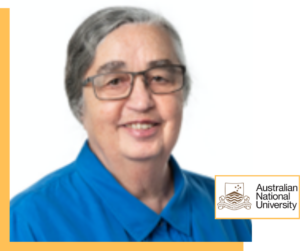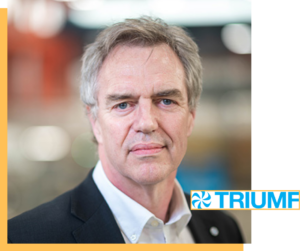Session 8: Building infrastructures and scaling up – data sharing on a global scale
Tuesday, 3rd December 3.00PM AEST | Breakout Session
This session will examine the value and challenges of scaling data infrastructures from national to global levels, focusing on three key areas: economies and challenges of scale, interoperability, and the impact of AI. The panelists will discuss global system modelling with managing large data volumes, explore the potential gains and losses from standardization, and assess the costs and concerns associated with AI integration. Through these discussions, attendees will gain valuable insights into optimizing data infrastructures, balancing efficiency, and leveraging advanced technologies in a global research context.

Moderator
Hilary Hanahoe is the Secretary General of the Research Data Alliance (RDA), an international organization dedicated to promoting the development of global infrastructure for data sharing and data-driven exploration. RDA is an independent, non-profit, volunteer organisation supporting the development of good practices and standards to enable open and interoperable sharing and re-use of research data. Currently, RDA has a community of over 14,250 individual data professionals from 151 countries collaborating on different open science, open data, research data management activities.

Panellist
Leo Chiloane manages the Data Infrastructure Node (uLwazi) at the South African Environmental Observation Network (NRF-SAEON), where he oversees the implementation of open data management systems and information platforms. He is a member of the Group on Earth Observations (GEO) Data and Knowledge Working Group and the International Long Term Ecological Research Network (ILTER) Information Management Committee.

Panellist
Dr Lesley Wyborn is currently an Honorary Professor at the Australian National University (ANU), at the National Computational Infrastructure and in the Research School of Earth Sciences. She also works part time for Australian Research Data Commons and AuScope. She worked for Geoscience Australia (GA) in geochemistry research, data science and data management from 1972 to 2014. Her current research focuses on building sustainable Earth and environmental science Research Infrastructures in both Long Tail and HPC communities. She has participated in global informatics initiatives such as WorldFAIR, the Research Data Alliance, as well as international domain standards developments in OneGeology and OneGeochemistry.

Panellist
Dr Nigel Smith assumed the role of TRIUMF Executive Director and CEO in May 2021. TRIUMF is Cananda’s particle accelerator centre. In his role as TRIUMF Director, Smith draws on an extensive portfolio of strategic and leadership experience in the development of science research facilities in the U.K. and Canada. He is a Fellow of the Canadian Institute for Advanced Research (CIFAR) in the Earth4D programme, co-Chair of the IUPAP Neutrino Panel, and a valued contributor to a wide variety of international advisory committees for the advancement of science across the globe.
We acknowledge the Traditional Owners of the lands and waters throughout Australia, and pay respect to the Elders past, present and emerging. We recognise the importance of connection to culture, land, kinship and community to the health and wellbeing of Aboriginal & Torres Strait Islander families. We acknowledge the cultural practices and traditions still carried out today and being passed down to future generations.


